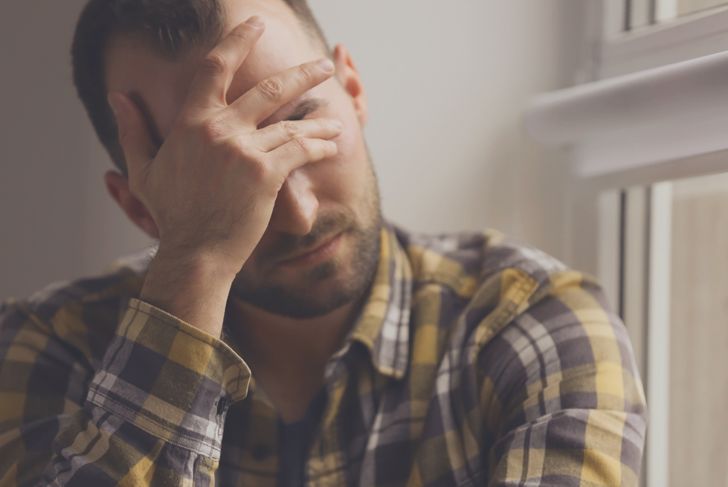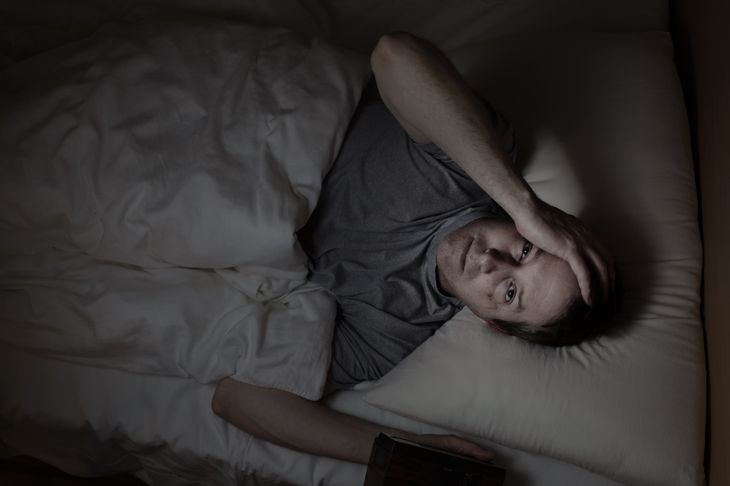Bipolar disorder is a mental health condition that causes significant changes in mood, behavior, and energy levels. The mood swings that affect people with bipolar disorder can last for days, weeks, or even several months. It is difficult to diagnose this condition because its signs and symptoms can be subtle or assumed to indicate other disorders, but long-term treatment enables people with bipolar disorder to live healthy lives.
Great Mood, Happy Feelings
People in the hypomanic or manic phase of bipolar experience euphoria and exhilaration without external cause. They may be excitable and energetic, but the high is often short-lived. Though this may be considered a “good mood,” it is often experienced with an intensity not common to people without the condition. Furthermore, after the manic state ends, people with bipolar disorder often experience a jarring downward spiral that results in depression.
Changing Self-Regard
Both manic and depressive episodes cause changes in an individual’s self-regard and self-esteem. In the case of mania, the individual may appear to have very high-self regard. They may feel invincible and unstoppable. Depression, on the other hand, can prompt states of low self-esteem and feelings of worthlessness and anxiety.
An Inability to Concentrate
People with bipolar disorder often find it difficult to concentrate during episodes of both mania and depression. The former might cause them to jump from one idea to the next without the ability or interest to complete tasks and be easily distracted. Depression, on the other hand, can make it difficult to focus on what is happening as thoughts drift to feelings of sadness and anxiety. A long list of plans that remain half-begun and unfinished can be an indicator of bipolar disorder, although other mental health conditions can cause this symptom as well.
Changes in Speech
Rapid speech is a major characteristic of the hypomanic or manic phase. The individual may seem not to pause while talking, even for breath. He or she may express racing, sometimes incoherent thoughts in rapid succession, and may talk over others without concern. People with bipolar may also stress unusual syllables for emphasis and speak in an unusually loud and overbearing voice.
State of Depression
The depressive state often leaves people with bipolar disorder feeling constantly tired and lethargic; they may feel tempted to remain in bed for hours without the energy to get up. This state is one of the common causes of the misdiagnosis of bipolar because it can easily be mistaken for depression. People with bipolar who are prescribed antidepressants may find their symptoms worsen because this medication is not enough to treat all their symptoms. Antidepressants can also prompt manic episodes.
Suicidal Thoughts
Suicidal thoughts are common during the depressive state. Individuals with bipolar disorder might often talk about death, research ways to die, and even begin putting their affairs in order. Though not a way to differentiate between depression and bipolar, evidence of suicidal thoughts is a clear sign that an individual is dealing with some kind of mental health condition.
Mixed Mania
Some people with bipolar experience mixed mania or mixed states, which leads to symptoms of both states at the same time or in rapid succession. This often results in significant irritability that makes the person impatient with others. Despite the extreme nature of this symptom, it is another that can easily be overlooked and mistaken for general moodiness.
Impulsivity
Impulsivity is perhaps the most telling and damaging symptom of bipolar disorder. During the manic phase, some people become very impulsive, making rash decisions without consideration. They may spend money excessively, take unnecessary risks such as driving too quickly, play dangerous sports, and engage in sexual indiscretions. Suicidal thoughts and tendencies can also play into this risky behavior. People with bipolar disorder are ten to 20 times more likely than the general population to commit suicide.
Abnormal Sleep Patterns
People with bipolar often experience disrupted sleep patterns during both manic and depressive phases. During the former, the individual may feel they require only two or three hours of sleep each night, still maintaining their high energy and mood without experiencing fatigue. With depression, on the other hand, the person is prone to sleeping too much. Disrupted sleep can exacerbate other symptoms, as well as have a generally negative effect on health.
Substance Abuse
People with bipolar disorder are at risk of developing substance abuse issues. Drug consumption is possible, but alcoholism is more common amongst people with the condition. During the manic phase, the person may consume copious amounts of alcohol to calm overwrought senses or to indulge in euphoric celebration. During the depression, alcohol may seem to ease the pain and enable individuals to escape reality, but their use often worsens symptoms and leads to other problems.

 Home
Home Health
Health Diet & Nutrition
Diet & Nutrition Living Well
Living Well More
More




















